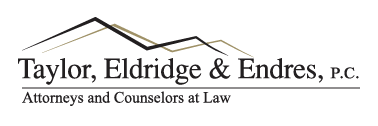A thousand-year-old story finds new relevance when applied to a modern-day community
Recently, Jews around the world celebrated the holiday of Passover with what is known as a “seder” – a ritual feast. A central activity of the seder (besides the festive meal) is the reading of a relatively short text known as the Haggadah, written about a thousand years ago, which tells the story of the Jewish people’s exodus from Egypt approximately 3,000 years ago. A well-known passage toward the beginning of the Haggadah posits a family with four sons – a wise son, an evil son, a simple son, and a son who does not know how to ask a question – and then proceeds to suggest how to relate the story of the exodus from Egypt to each one of those sons. Continue reading “WHAT COMMUNITY ASSOCIATION BOARDS CAN LEARN FROM THE PASSOVER HAGGADAH”


